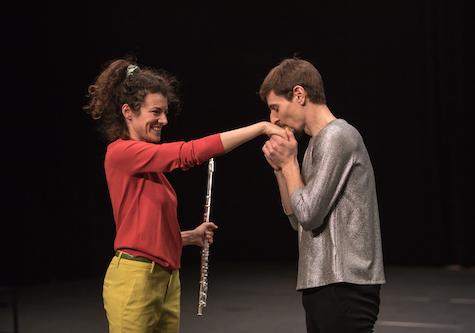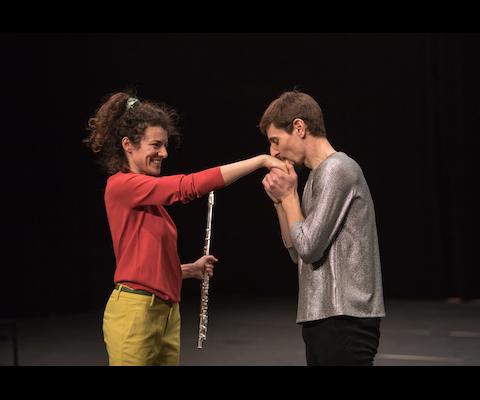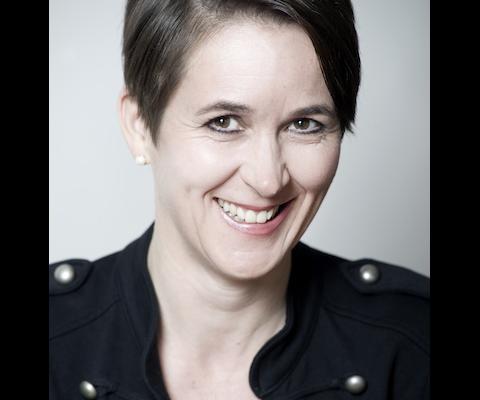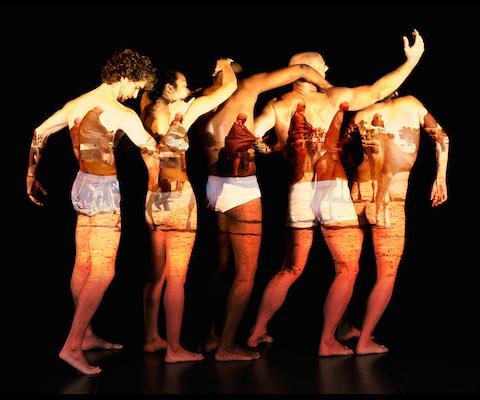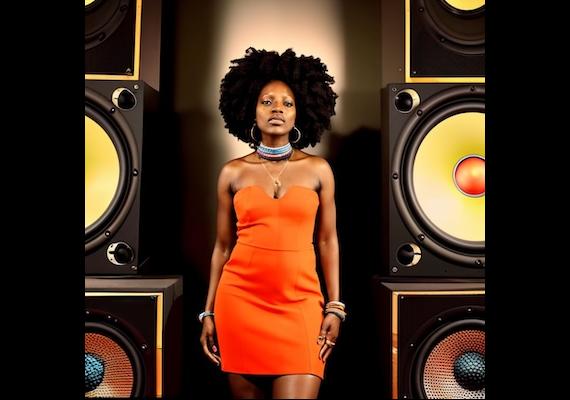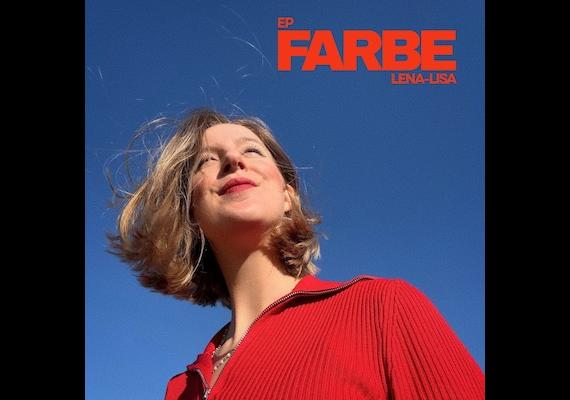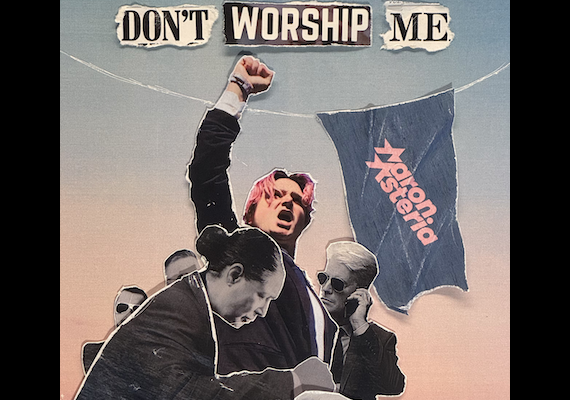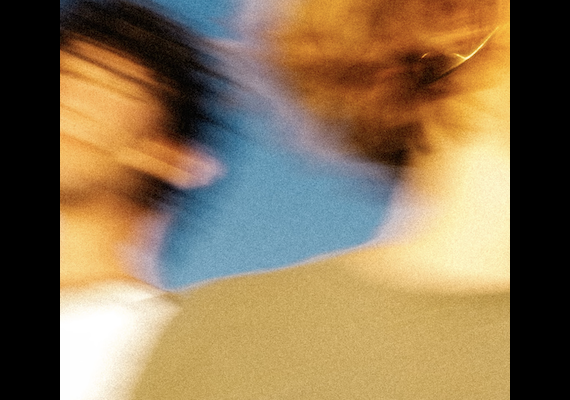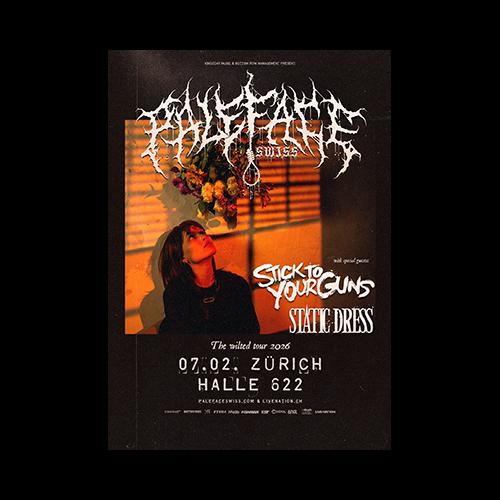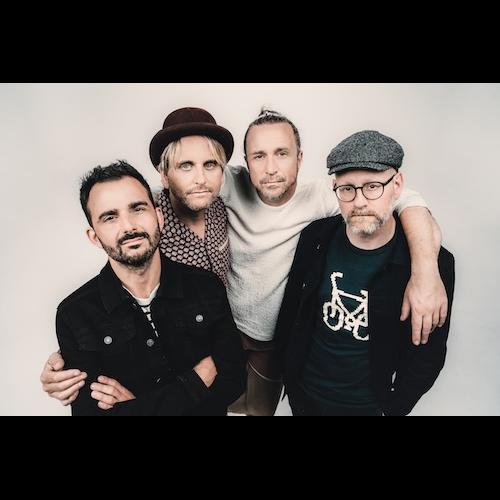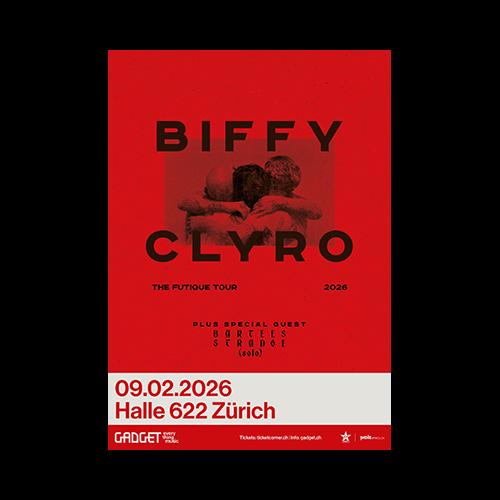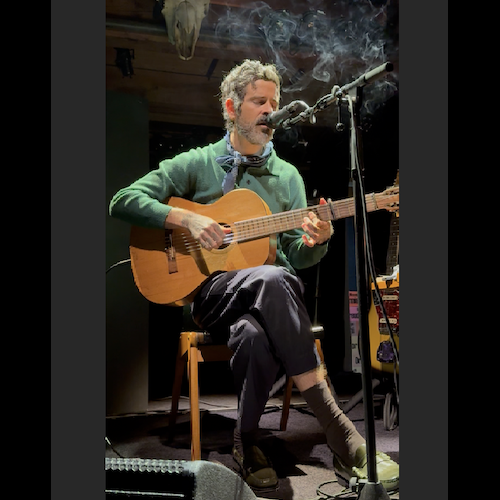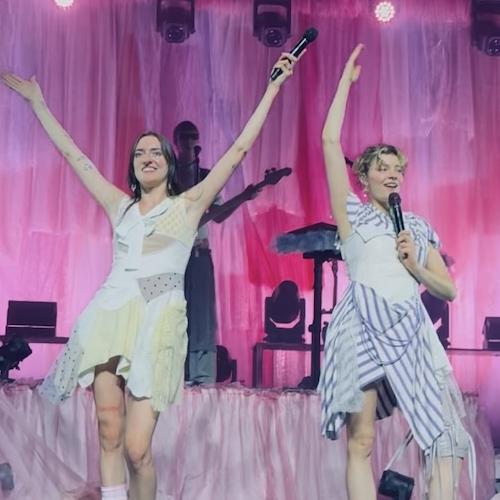The identity of the dancer
Due to the Covid19 pandemic, the 17th issue of Steps was able to be published in spring 2020 will not be carried out as planned. Nevertheless, four co-productions will be touring all over Switzerland from autumn onwards. Bäckstage is there for you.
Who am I, where do I come from and where do I want to go? These questions inspired the artistic director Isabelle Spirig to design the program for the current issue of Steps. These questions are also present in the co-production of Ioannis Mandafounis, who will open the special Steps edition 2020 next Saturday, October 17, at the Lucerne Theater. The Greek dancer, who was awarded the Swiss Dance Awards in 2015 as an outstanding dancer and has also made a name for himself as a choreographer, rehearsed several very demanding solos from well-known ballet works for «Faded», thus honoring his artistic roots. We have asked Ioannis Mandafounis a few questions.
Ioannis Mandafounis - You were born in Athens, now live in Geneva and travel a lot as a dancer. What do your Greek roots mean to you?
Actually I have always lived between two countries. Until I was 3 years old in Greece, then from 3 to 7 in Geneva and then for a while back in Greece before I started studying dance in Paris at the age of 14. So I have this schizophrenic, double-rooted history that I now carry around with me all my life. For a while I felt more like a Greek than a Swiss, that’s true, and those roots meant a lot to me. What is certain is that I feel at home in Switzerland in a way I have never felt in any other country, I have chosen it as my home, I love my friends here and my Swiss family is really present in my life here. I am more than grateful for all the things I have been able to achieve here that would not be possible anywhere else. Switzerland has welcomed me 100%.
You took your first dance lessons in Greece, but then moved to Paris to continue your studies at the conservatory. How would your artistic career have developed in Greece?
That is correct. I still remember the smell of this studio. If I had lived in Greece for the most part, I would certainly have been very happy. But life chose a different path for me, and I accepted it that way. Since ballet in Greece has a very short history, and the Greeks do not yet have a high level of technical skills and do not have the means to achieve what other countries have achieved in classical technique, I would probably have turned to contemporary dance earlier. The Greeks have managed to gain a lot of experience and bring contemporary dance to a very high level in a short time. That is really impressive.
Do you occasionally feel homesick?
Not anymore, It is only on rare occasions that this happens… and it has more to do with me missing to be near some close friends than missing Greece itself. Home is Switzerland for me for a while now and usually when I feel what we call «homesick» it is when I miss seeing the lake, the mountains and eating Paprika Zweifel. They are just the best ever!!!
Why did you choose the solos that you rehearsed for the co-production with the Migros Culture Percentage?
After accepting the challenge to create a ballet/repertoire evening, I decided to first dance this marathon of 9 variations back to back. As a challenge and also because, to my knowledge, this has never happened before in the long history of ballet. A madman trying to choreograph an Iron Man ballet… I found this idea exciting from the beginning. Then I chose variations that were not so well known. Normally the audience doesn’t realize what we as dancers really go through on stage, but that’s exactly what I want to show.
At the moment we are struggling collectively and as individuals with various drastic problems such as the COVID19 pandemic or racist riots. How do you deal with the current situation?
I continue to work daily to make my dance training as good as possible and to keep my energy at the highest level I can reach. I try to focus on the deep-rooted things I feel so as not to fall into despair and anger over everything that happens. I believe in our daily actions as a way to move forward and share with our environment what we care about. As I have been experiencing for many years in the dance studio, small insights can have a big impact and change many things in and around us in a surprising way. Through the addition of our personalities, a new community emerges in this time of human history.
Do you see chances in globalization or does it only bring negative results?
I think our struggle has nothing to do with globalization per se, but rather with our own state of consciousness and human evolution. For example -and of course this is a utopian thought- but imagine that we humans would live together in peace and support each other. Imagine we would grant each other all the good things we could. Topics like jealousy, competition, personal needs, etc. would not dominate our everyday lives… Imagine that basic needs for a dignified life would be covered everywhere and we could therefore develop in other directions and focus on other types of personal and community development. This would be a completely different definition and reality of globalization. When we talk about the reality we live in today and what globalization is today, we cannot even imagine such a utopian world! We tend to see ideas like globalization in a short-term definition. We judge it from the perspective of a human lifespan. I believe that we misjudge so many ideas. Globalization is a long-term vision that could be a reality in a few thousand years, a reality in which one can live well. Until then, it will of course demand a lot from us, which we cannot yet judge correctly today.
Which artists inspire you?
Many artists inspire me for different reasons. I have a special love for two visual artists: Jackson Pollock, because I think he is a great improviser, and Aernout Mik, because he manages to make us see things in a completely different way. Almost like an illusionist who creates illusions in our minds through images.
I read that you want to leave the stage. What does that mean for a classical dancer? How will your life change?
To tell you the truth, I am not a classical dancer. I have just choreographed a piece in which I dance an «Ironman ballet performance», but this dose does not make me a classical dancer. I think that the end of a stage career in a dance style that demands as much of a body as classical ballet does is inevitably given by time. The end of this life, of the specific skills for which we train hard for a long time, of the daily struggle, of pain, but also of joy, requires an incredible amount of personal work to be properly accepted. A friend of mine, who ended his dancing career a few years ago, told me that it takes about 3 years until one can return to the «normal body of a human being». I hope that it won’t be 3 years before I can wake up in the morning without all this physical pain and that I will be able to continue working as a choreographer.
Thank you very much for answering my questions and have fun and success on the Steps tour.
- Steps 2020 from 17. Oktober 2020 until Juni 2021
- Infos: Programm and Tickets
If you prefer to read this interview in grerman, you could find it here.

